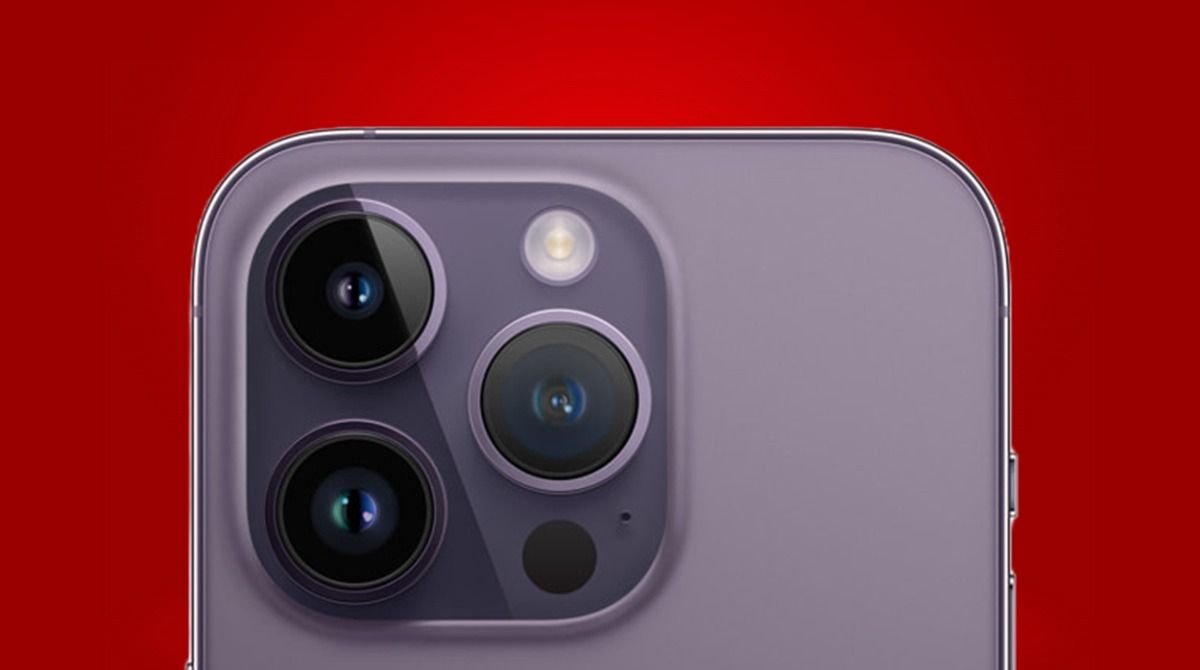Unlike its “classic” version, pulsatile tinnitus is often linked to a health concern. Discover the causes and treatments.
pulsatile tinnitus is a different phenomenon from the more well-known classic tinnitus. What are the symptoms ? How do I know if I have pulsatile tinnitus? How to treat them? Discover everything you need to know about pulsatile tinnitus.
What is pulsatile tinnitus?
pulsatile tinnitus is a pulsatile noise (that is to say, which seems to beat time) perceived in the ear. Generally, the pulsations felt are in synchronization with the beats of the pulse, so they vary according to the heart rate. Most often, pulsatile tinnitus is unilateral, meaning it is heard in only one ear.
Pulsatile tinnitus is not a hearing problem. It should also not be confused pulsatile tinnitus and subjective tinnitus or continuous. In the case of pulsatile tinnitus, the sounds are synchronized with the beating of the heart, they are real sounds, whereas classic tinnitus is manifested by random hissing or humming, which is generated by the cochlea and is therefore not real.
It is for this reason that pulsatile tinnitus can be heard by the doctor with a stethoscope, whereas subjective tinnitus cannot.
Symptoms related to this discomfort
The most recognizable symptom of pulsatile tinnitus is the pulsating sound, to the rhythm of the beating of the heart, which one perceives in one or both (rarer) ears. The affected person has the impression of hearing the beating of his heart.
In some more severe cases, pulsatile tinnitus can be accompanied by disabling symptoms such as dizziness, neck pain, headaches or even loss of hearing. The auntreated pulsatile tinnitus can lead to strong social isolation or even depression.
Understanding the Causes of Pulsatile Tinnitus

pulsatile tinnitus can be due to various health problems:
- Impaired blood flow in and around the ears is the most common cause of pulsatile tinnitus. It can be arterial or venous and is caused by narrowing of the conduit of a lateral sinus or a dural arteriovenous fistula of the lateral sinus.
- Sound hypersensitivity (hyperacusis): people who are particularly sensitive to soft sounds (or who do not bother others) may also hear noises produced by the body
- Arterial or intracranial hypertension can cause pulsatile tinnitus : in case of stress, fatigue, overweight, tumour, stroke or meningitis, there is an excessive pressure of cerebrospinal fluid which can cause tinnitus, headache and nausea.
- Fluid in the ear: The middle ear is normally filled with air, but certain infections and diseases can cause fluid to appear in this part of the ear, causing pulsatile tinnitus.
Diseases associated with pulsatile tinnitus
- Atherosclerosis: the accumulation of fats and cholesterol can reduce the elasticity of the blood vessels around the inner ear. The flow of blood will be less fluid, which will increase blood pressure and therefore the perception of the volume associated with the movement of blood.
- Otosclerosis is a disease that causes hearing loss. More rarely, it may be the cause of pulsatile tinnitus. It is characterized by abnormal bone growth, which extends to the inner ear.
- Hyperthyroidism (the excessive production of thyroid hormones) affects 1% of the population and affects the person’s metabolism. Unlike hypothyroidism which can lead to subjective tinnitus, hyperthyroidism often causes pulsatile tinnitus.
- A benign tumor of the glomus (a cluster of vascular and/or nervous tissue), more rarely, can affect the vascular system close to the auditory apparatus and lead to pulsating tinnitus.
- Paget’s disease of bone: 3% of individuals over the age of 40 with Paget’s disease see their bones thicken and become deformed. The evolution is slow but if hypertrophic osteitis deformans affects the bones of the skull, it can alter the vascular system and cause pulsatile tinnitus.
More generally, pulsatile tinnitus is often caused by increased blood circulation in the body (eg due to pregnancy, taking medication or anemia). Stress and anxiety can make symptoms worse.
How do I know if I have pulsatile tinnitus?

He is necessary, as soon as one suspects to have pulsatile tinnitus, to consult a doctor or hearing professional who can, following a complete hearing assessment, establish a diagnosis. Although he can detect pulsatile tinnitus with a simple stethoscope, the doctor may ask you to take a hearing test and do a blood test.
It is recommended to have a Doppler ultrasound with an angiologist because pulsatile tinnitus is a vascular pathology. Doppler ultrasound is painless. MRI with vascular sequences or MRI angiography may also be done to detect problems in the ear and determine the cause of pulsatile tinnitus.
Is it serious ?
THE symptoms of pulsatile tinnitus are annoying but rarely dangerous. Indeed, pulsatile tinnitus can interfere with your sleep and your social life, sometimes even causing isolation, anxiety or depression. It is however recommended to investigate the cause of pulsatile tinnitus as it may be caused by an underlying health condition.
Pulsatile tinnitus: what treatment?
Pulsatile tinnitus may go away on its own but not always. It all depends on the cause. For example, if you have high blood pressure, a low-sodium diet and regular physical activity may solve the problem. If you are overweight, weight loss may also make pulsatile tinnitus go away.
It is important to talk to your doctor about it so that he determines the cause of pulsatile tinnitus and that he can prescribe the appropriate examinations and treatments. Depending on the case, the treatment may be medicinal, or it will be necessary to resort to a minor surgical intervention such as the implantation of a stent in the lateral sinus. If the cause is unknown and treatments prove ineffective, there are ways to better deal with pulsatile tinnitus by reducing your perception of sounds.
Pulsatile tinnitus is not serious, but it is always advisable to go see your doctor to detect the cause and prescribe a treatment that can eliminate it. If you notice this type of noise in one or both ears, don’t waste time and consult a healthcare professional!


